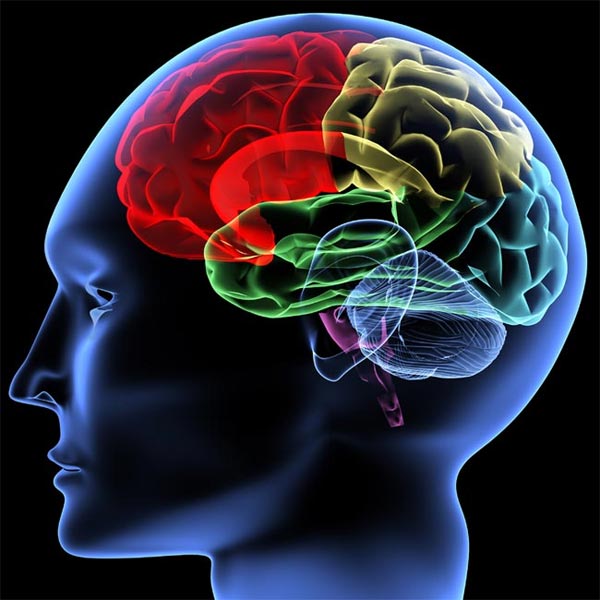Alzheimer's May Be Transmissible, Study Suggests

In some cases, Alzheimer's disease may in fact be the result of an infection, and may be even be transmissible, a new study in mice suggests.
In the study, mice injected with human brain tissue from Alzheimer's patients developed Alzheimer's disease. The mice developed brain damage characteristic of Alzheimer's disease, and over time, the damage spread throughout their brains, the researchers said.
Mice injected with brain tissue from healthy humans showed no signs of the disease.
"Our findings open the possibility that some of the sporadic Alzheimer's cases may arise from an infectious process," similar to the way mad cow disease arises from infection with diseased proteins called prions, said study researcher Claudio Soto, a professor of neurology at The University of Texas Medical School at Houston.
"The underlying mechanism of Alzheimer's disease is very similar to the prion diseases," Soto said. "It involves a normal protein that becomes misshapen, and is able to spread by transforming good proteins to bad ones. The bad proteins accumulate in the brain, forming plaque deposits that are believed to kill neuron cells in Alzheimer’s," he said.
However, the new findings are very preliminary and it's unclear if the same thing could happen in people. Moreover, the transmission occurred under highly artificial conditions that a person would likely not experience.
The researchers are currently setting up experiments to determine whether the same transmission can occur under more natural routes of exposure, Soto said.
Get the world’s most fascinating discoveries delivered straight to your inbox.
The study was published today (Oct. 4) in the journal Molecular Psychiatry.
Pass it on: Alzheimer's disease may be able to spread, similar to the way mad cow disease spreads, a study in animals suggests.
This story was provided by MyHealthNewsDaily, a sister site to LiveScience. Follow MyHealthNewsDaily on Twitter @MyHealth_MHND. Find us on Facebook.



